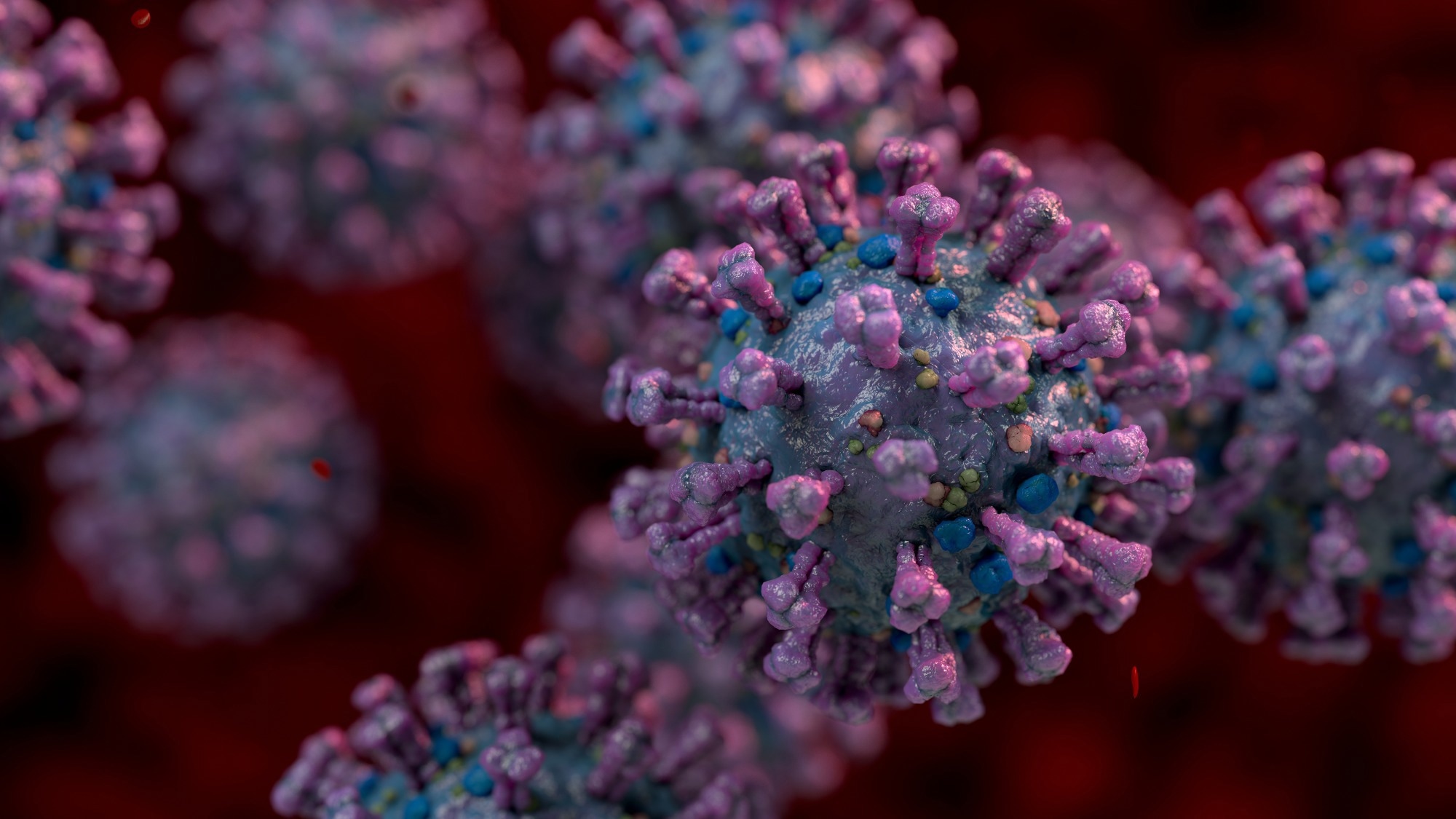Four international medical societies have collaborated on consensus statements for physicians, published in the Journal of Lower Genital Tract Disease, about how to treat pre-invasive lesions of the vulva. The journal is part of the Lippincott portfolio by Wolters Kluwer.
A pre-invasive vulvar lesion is an area of skin or mucosa that has not yet progressed to invasive malignancy (cancer) but has the potential to do so. “Pre-invasive vulvar lesions deserve specific attention because, beside the oncological risk, they affect not only functionality and body image but also psychosexual factors,” according to the lead author of the guidelines, Mario Preti, MD of the University of Torino, Italy, and his co-authors.
Lesions on a woman’s vulva can cause symptoms such as burning and itching that make intercourse painful, but they can be asymptomatic, the authors note, underscoring the need for correct vulvar examination.
The consensus statements were compiled after a systematic review of medical literature and were voted on by experts chosen by the four scientific societies. The document gives advice to physicians about the four main types of preinvasive lesions that can develop on the vulva.
1) Vulvar high-grade squamous intraepithelial lesions (VHSIL) are more common in women under 65 and can transform into invasive cancer. “Approximately 60% of patients report itching and/or irritation, pain, or bleeding along with visible vulvar lesions,” Dr. Preti and his colleagues explain. “In others, lesions are diagnosed [by chance] during a routine gynaecological examination.” The lesions differ widely from woman to woman in number, size, shape, color, and thickness.
The authors suggest several options for treating VHSIL: surgical removal, ablation (removal with a laser or radiofrequency), or topical medications. If ablation or medication is used, the patient must have several biopsies beforehand to make sure no invasive cancer is present.
2) Differentiated vulvar intraepithelial neoplasia (dVIN) is much rarer than VHSIL, as it is usually seen in older women. “Neoplasia” is the growth of abnormal cells or abnormal amounts of cells, which can start out benign but become cancerous. dVIN is more likely than VHSIL to transform into invasive cancer-;sometimes quickly. It should always be completely removed surgically, according to the new consensus.
3) Vulvar Paget’s disease in situ is a glandular skin cancer of the vulva that may give rise to invasive cancer. Traditionally it was always treated surgically, but the consensus is now that imiquimod skin cream is effective and has minimal adverse effects. Radiation therapy can be used in some cases.
4) Vulvar melanoma in situ-;Melanoma is the most serious form of skin cancer, but vulvar melanoma in situ represents a non-invasive type (stage Ia). The recommended treatment is surgery that removes the lesion and an area of skin around it.
“Following treatment of preinvasive vulvar lesions, women should be seen on a regular basis for careful clinical assessment, including biopsy of any suspicious area,” the authors of the consensus statements advise. The frequency of follow-up visits will depend on the type of lesion, patient age, and whether the patient has an infection, immunologic disease, or other lesions in the lower genital tract.
The medical societies that published the guidelines are the European Society of Gynaecological Oncology, the International Society for the Study of Vulvovaginal Disease, the European College for the Study of Vulval Disease, and the European Federation for Colposcopy.
Source:
Journal reference:
DOI: 10.1097/LGT.0000000000000683













